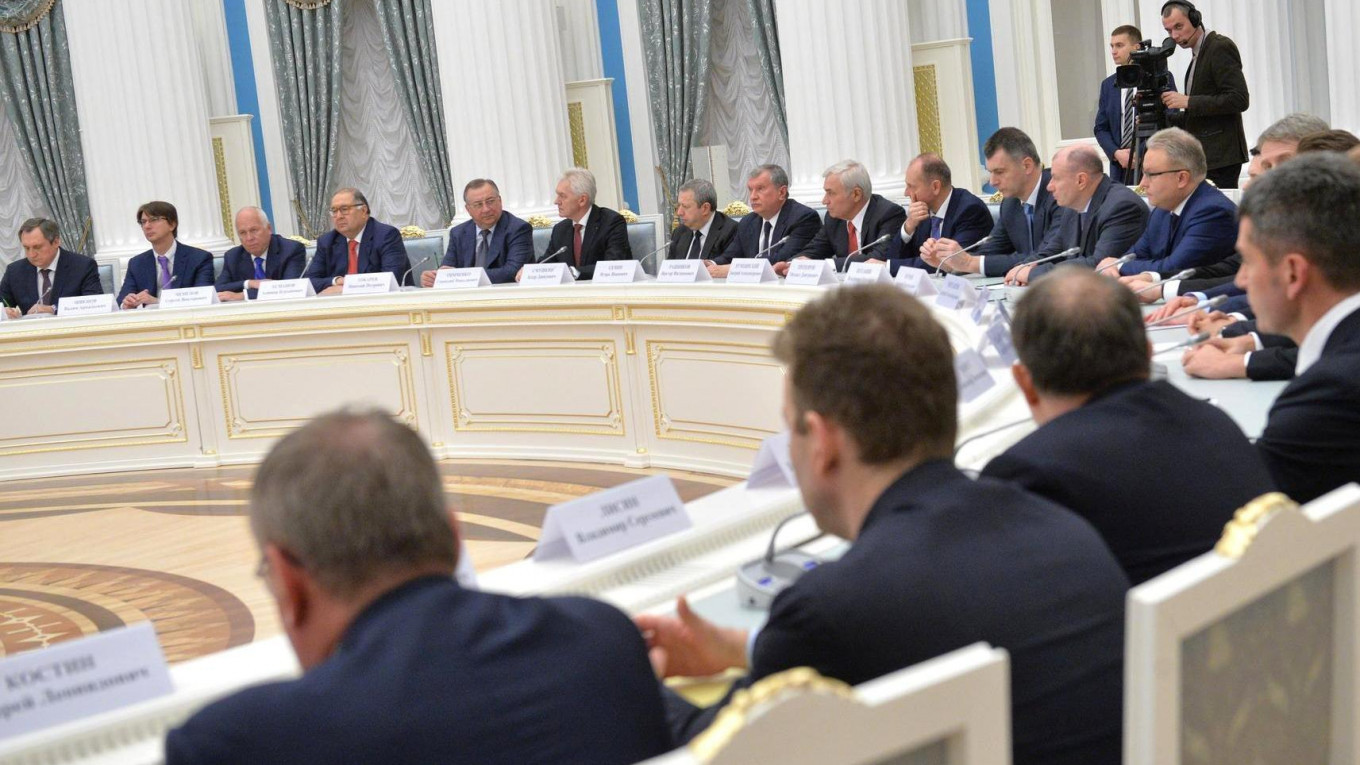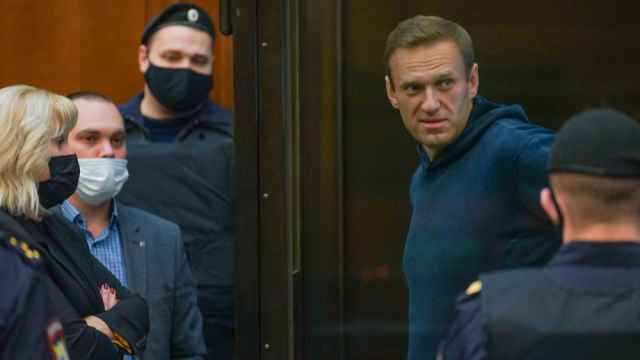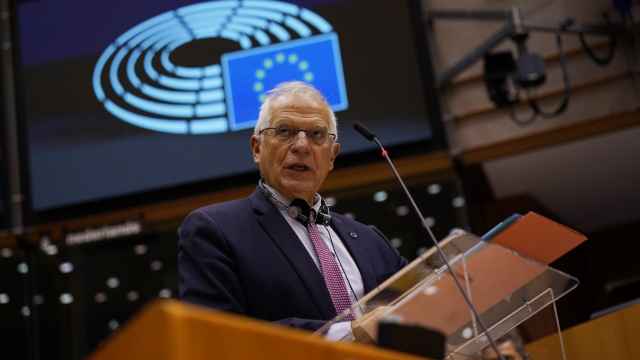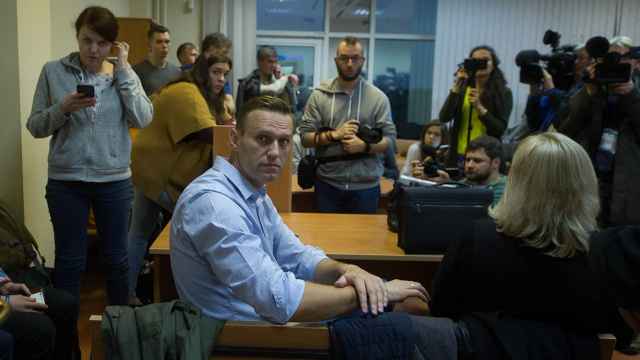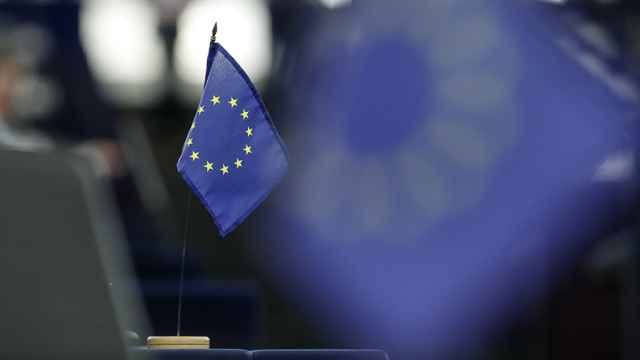A top aide of Kremlin critic Alexei Navalny called for sanctions on top Russian oligarchs in an interview with AFP, as the United States followed the EU in imposing sanctions on some officials.
Leonid Volkov also said Navalny's anti-corruption movement was hoping to unseat "at least 60 to 70" deputies from President Vladimir Putin's United Russia party in elections this year.
The aide, who runs Navalny's political campaign across Russia, said EU sanctions against four Russian officials involved in Navalny's detention were a "good step forward" but "not enough."
Washington on Tuesday also adopted sanctions on seven government officials, signaling a harder line from U.S. President Joe Biden.
But, speaking in his office in the Lithuanian capital Vilnius, Volkov said: "What would really create leverage against Putin would be sanctioning the close circle of his oligarchs."
Volkov said he was "very disappointed" by remarks from EU foreign policy chief Josep Borrell about sanctions being targeted at people "directly connected" to Navalny's arrest, arguing that oligarchs close to Putin were also linked.
"There is such a clear connection and we will do our best to convince European politicians that such a connection exists.
"But still, even if only those four people are on the list, it's a very important first step," said Volkov, who is currently wanted in Russia and its former Soviet allies on charges of encouraging minors to attend pro-Navalny demonstrations.
Volkov said key figures close to Putin who were not on the EU sanctions list "will definitely feel very vulnerable."
Kremlin spokesman Dmitry Peskov on Tuesday brushed off the sanctions, saying that "such a policy does not achieve its goals."
Amnesty 'weaponized by Putin'
Navalny was jailed in January after returning to Moscow from Germany where he had spent months recovering from poisoning with a banned nerve agent he blames on Putin.
The Kremlin denies it was behind the attack.
The imprisonment of Putin's best-known opponent sparked nationwide protests that saw thousands of demonstrators detained and triggered calls in the West for Navalny's release.
The 44-year-old campaigner was reportedly transferred to a penal colony some 100 kilometers east of Moscow last week to serve out his sentence of two and a half years.
Volkov said Navalny's campaign would try to field its own candidates in elections in September but, failing that, would call for "smart voting" in favor of other candidates to try to oust lawmakers from the ruling United Russia party.
"We expect that we will be able to unseat at least 60 to 70 incumbent United Russia members of the Duma... which will be a major blow for them," he said, adding that the aim was to "cause as much political damage to United Russia as possible."
Volkov said the elections were "crucial" because the next parliament will be in power during the 2024 presidential election when Putin will have to consider whether to run again and extend his more than two decades in power.
Despite a wave of arrests against organizers of Navalny's anti-corruption campaign, Volkov said they would be able to increase the number of regional offices to 45 from 37 currently.
Asked about Amnesty International's decision last month to strip Navalny of "prisoner of conscience" status because of his past ultra-nationalist views, Volkov said the respected human rights group had been "manipulated by Kremlin propaganda."
"It has been weaponized by Putin," he said.
A Message from The Moscow Times:
Dear readers,
We are facing unprecedented challenges. Russia's Prosecutor General's Office has designated The Moscow Times as an "undesirable" organization, criminalizing our work and putting our staff at risk of prosecution. This follows our earlier unjust labeling as a "foreign agent."
These actions are direct attempts to silence independent journalism in Russia. The authorities claim our work "discredits the decisions of the Russian leadership." We see things differently: we strive to provide accurate, unbiased reporting on Russia.
We, the journalists of The Moscow Times, refuse to be silenced. But to continue our work, we need your help.
Your support, no matter how small, makes a world of difference. If you can, please support us monthly starting from just $2. It's quick to set up, and every contribution makes a significant impact.
By supporting The Moscow Times, you're defending open, independent journalism in the face of repression. Thank you for standing with us.
Remind me later.


